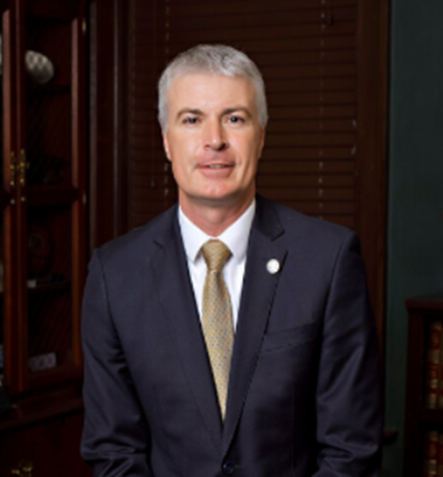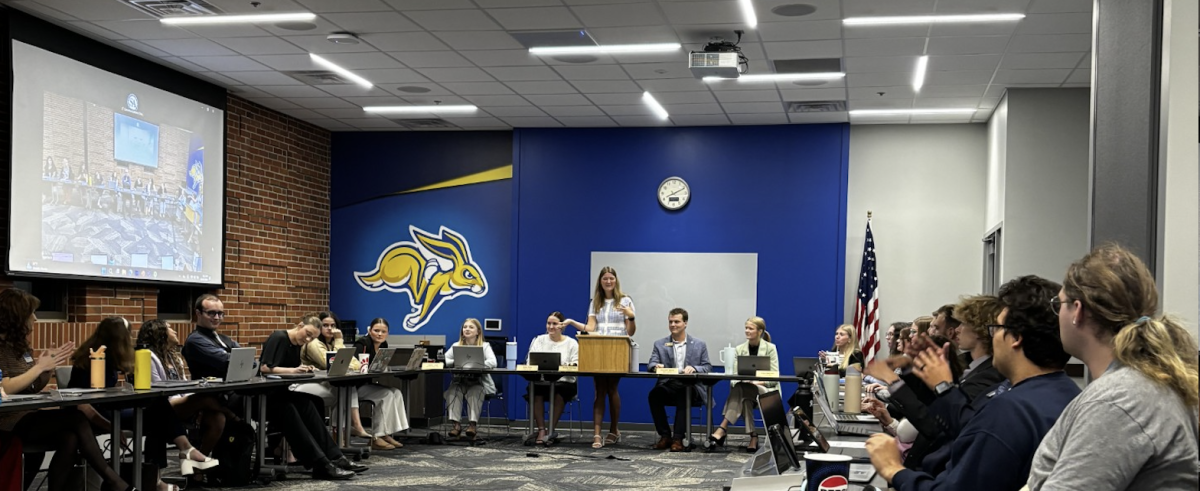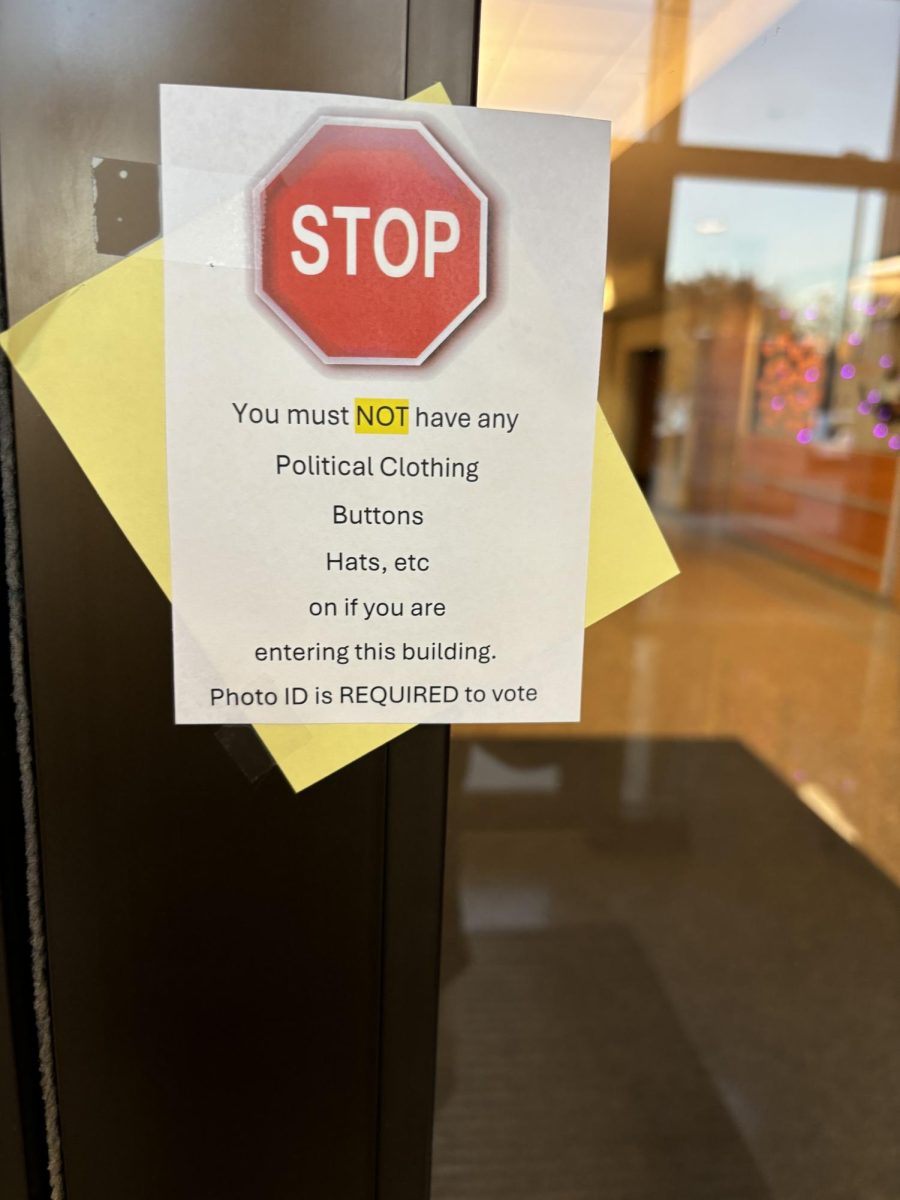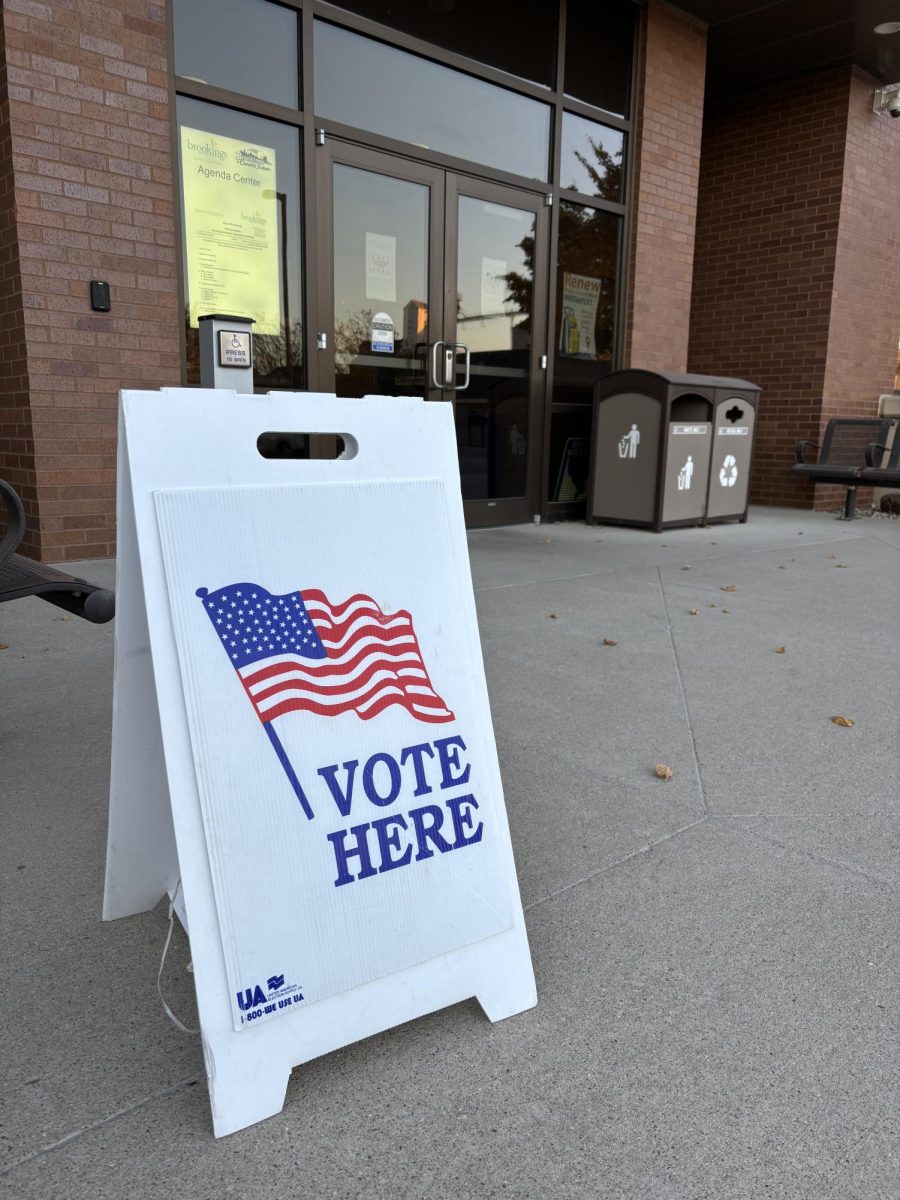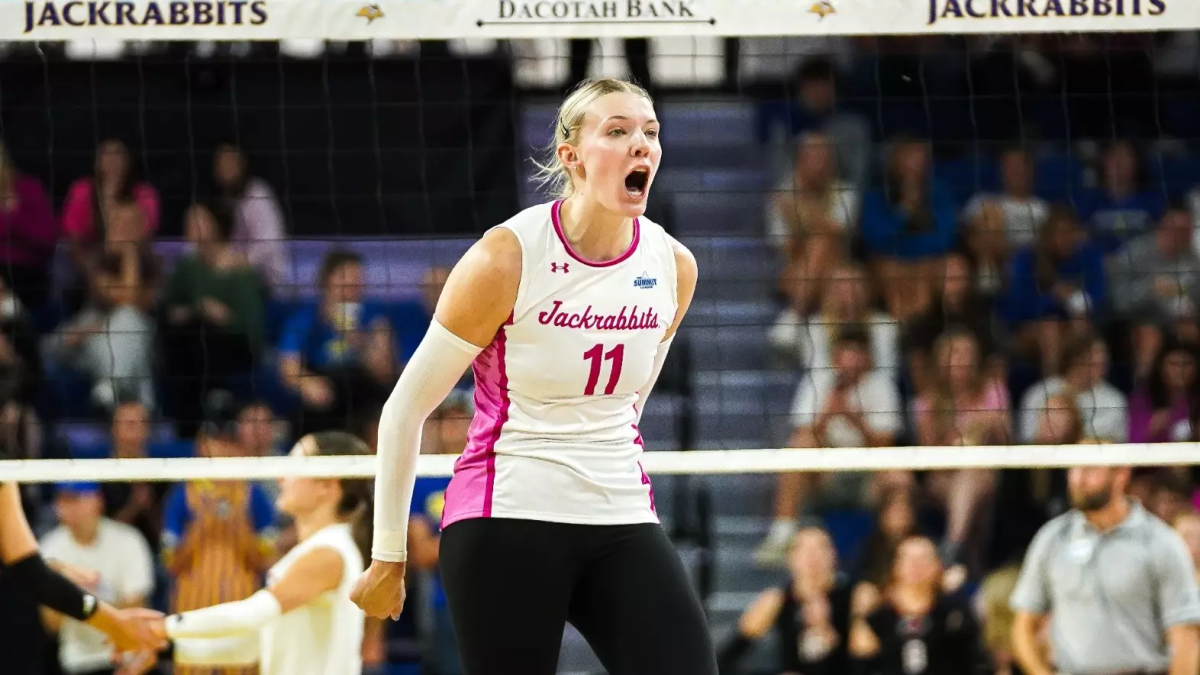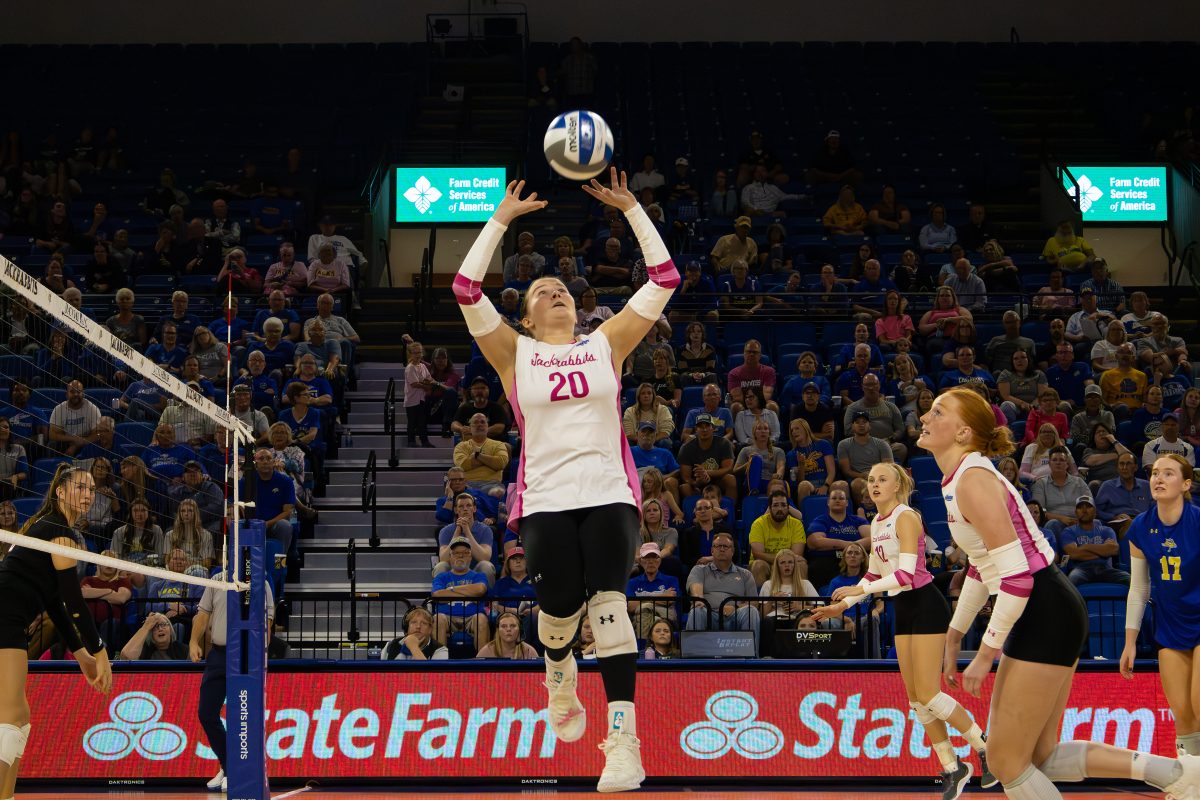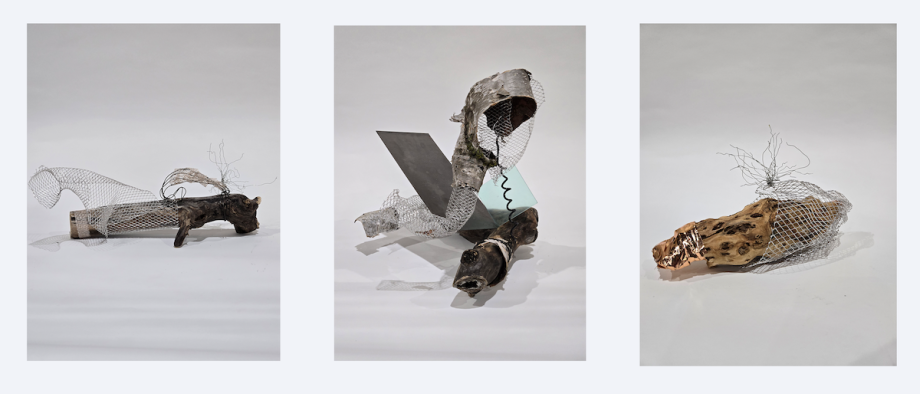Opinions mixed about tuition increase
April 22, 2002
John Hult
The South Dakota Board of Regents approved a tuition increase of 5.5 percent for on-campus and 7.31 percent for off-campus students in early April. The increase will have its greatest effects on the University Support Fee, or U.S.F, and faculty salaries.
The U.S.F. includes the three-year-old salary competitiveness fee, which allows the University to increase faculty wages beyond the rate of inflation. With the rate of inflation at 3.4 percent, the fee is an attempt to create an incentive for quality instructors to remain at the university.
“I think it may help keep some very good professors since some of these dollars will go to help make faculty salary more competitive,” SDSU President Peggy Gordon Miller said. “Good Professors are always an investment for students.”
The University Support Fee is slated to jump from $43.66 to $49.32 each semester, an increase of nearly 13 percent. This may be the last year for a while that the fee jumps so sharply, however, Senior Budget and Research Analyst Jeri Kurtz said.
“The salary competitiveness fee has allowed us to increase the fee 3 to 7 percent more to cover teacher salaries for three years,” she says. “Now the University Support Fee will taper off.”
Kurtz also pointed out that the Board of Regents has decided to make the fee equal for all state schools. Any student attending a state university will be able to take courses offered by their school at any state site without having to pay a different support fee.
“Black Hills State had to increase their U.S.F. 16.32 percent to get up to the standard. Northern had to go up 17 percent,” Kurtz said.
Tuition itself is to raise 4.6 percent, which accounts for the Higher Education Price Index inflation rate of 3.4 percent and adds the extra 1.2 percent to cover South Dakota’s required increase in retirement funding.
Opinions are divided as to whether the hike will improve the quality of education at SDSU.
Former Student’s Association Senator Kevin Maxwell says that tuition increases ought to be a question of a fair shake.
“You never want to see tuition go up, but the S.A. has in the past been in favor of good education at a good, reasonable price,” Maxwell said. “I get concerned sometimes when we see tuition go up, though, because the H.E.P.I. (Higher Education Price Index) says ‘this is the percentage that all tuition should go up,’ and no school is subject to use that. But I know our Board Of Regents uses that as a reference,” he said.
Others say they believe SDSU’s efforts to remain competitive in instructor salaries still fall short.
Mathematics Professor Tim Wittig pointed out that SDSU still
See TUITION, page 2

